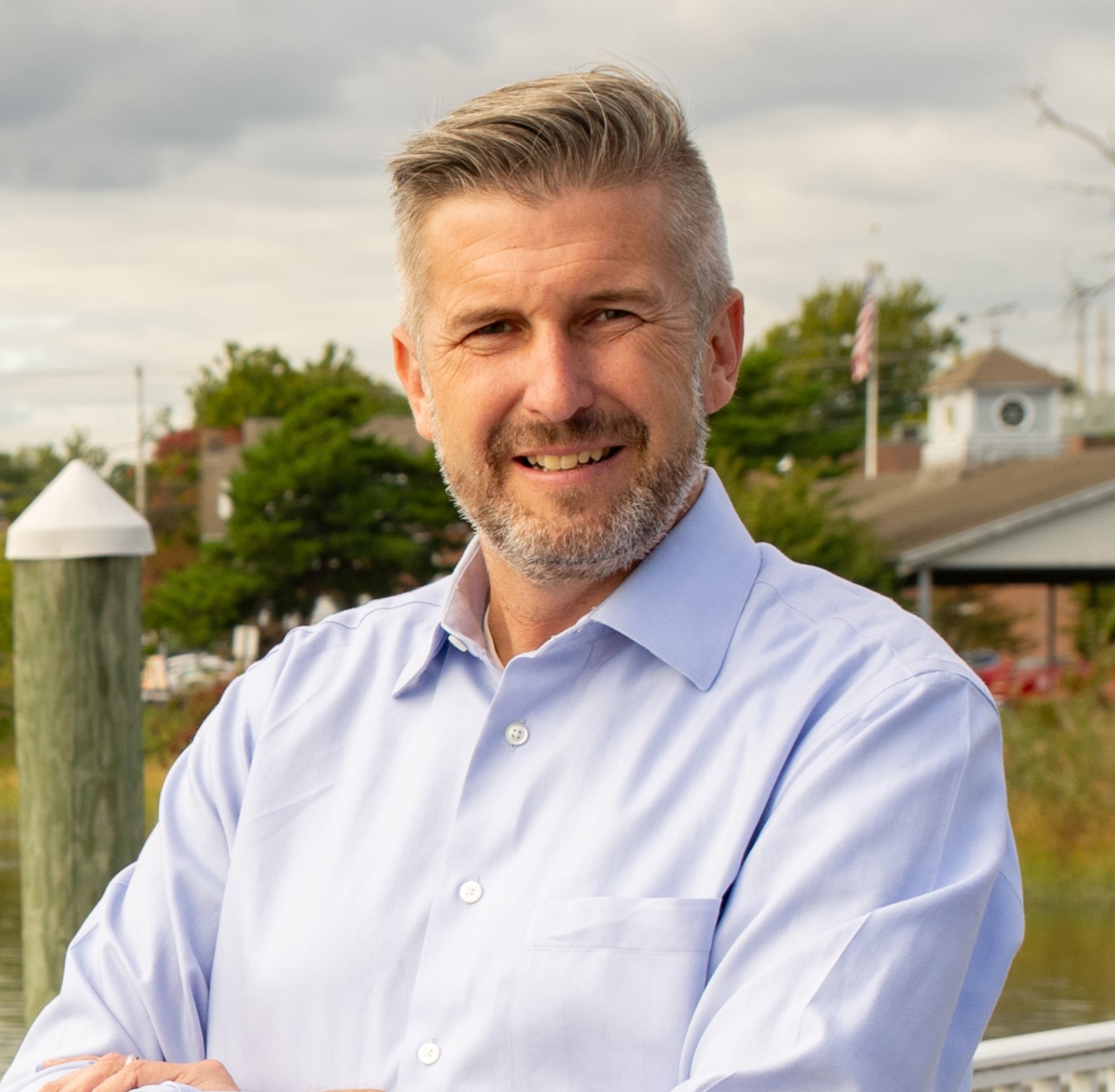Sen. Maroney Applauds State Senate Passage
of New Environmental Infrastructure Fund for CT Green Bank
HARTFORD, CT — The state Senate today gave its approval to a bill championed by state Senator James Maroney (D-Milford) that would allow Connecticut’s highly successful Green Bank to expand its current role of investing only in clean energy projects to include investments in a broader array of environmentally friendly projects, including land conservation, recycling, bio-digesters, electric vehicle charging stations, reforestation, and coastal resiliency.
Senate Bill 927, “AN ACT CREATING THE ENVIRONMENTAL INFRASTRUCTURE FUND WITHIN THE CONNECTICUT GREEN BANK,” passed the Senate on a 34-2 bipartisan vote and now heads to the state House of Representatives for consideration.
“I am thrilled to see this legislation pass the state Senate as this was one of my priorities this legislative session,” said Sen. Maroney. “I believe in order for a state to thrive, government must innovate and this legislation accomplishes that by enabling the Green Bank to provide resources and intellectual capital to our state’s cities to assist them in improving their environmental outcomes. Across the nation, in cities like Washington, D.C., Baltimore and Atlanta, they have taken similar measures to prevent harmful environmental practices like allowing sanitary sewer water and storm water to co-mingle. Still in our state, cities like New Haven, New London and Hartford have storm and sanitary sewer water co-mingled, which leads to raw sewage being dumped into rivers or the sound. This legislation presents a creative way to help cities and towns mitigate storm water run-off. I commend state Senator Alex Bergstein (D-Greenwich) for her leadership on this important legislation and leading debate on this bill in the state Senate.”
In 2011, Connecticut’s Green Bank became the first green bank in America. Since then, New York, Rhode Island and California have followed suit. Since 2011, Connecticut’s Green Bank has invested $237 million in energy industry ratepayer funds (no state taxpayer money is used) to harness another $1.2 billion in private investment.
At its public hearing in March, SB 927 received support from a wide variety of environmental and municipal groups, including the Sierra Club of Connecticut, The Nature Conservancy, The Connecticut Council of Small Towns, and the Connecticut Conference of Municipalities.
“This would facilitate more private investment in the Green Bank and environmental infrastructure projects,” testified Ann Gadwah, Chapter Chair of the Sierra Club of Connecticut. “In our current budget situation, more private investment in the Green Bank makes good financial sense and gives the Green Bank more flexibility for funding in these projects. It would also allow the Green Bank to use its bonding capability to provide access to additional low-cost and long-term financing. Again, it just makes good financial sense.”
“Connecticut’s small towns recognize the importance of protecting natural resources in our communities by preserving open space and watershed lands, addressing non-point source pollution, adopting recycling programs, and meeting state and federal environmental standards,” testified Betsy Gara, executive director of COST. “This will assist municipalities in complying with environmental standards and lessen the burden on the state’s property taxpayers.”
Share this page:
